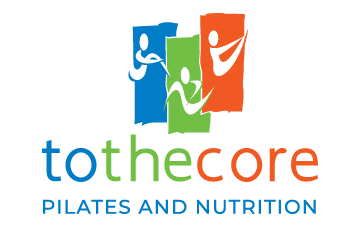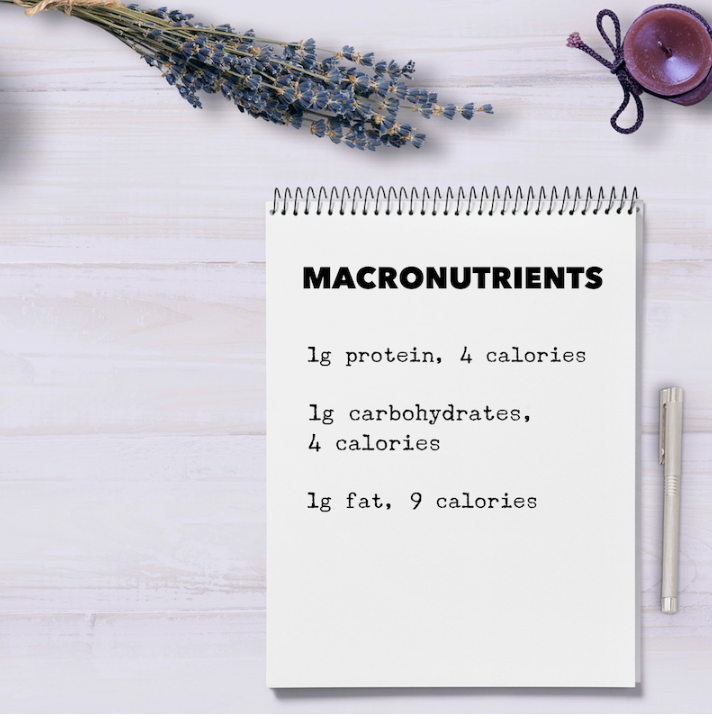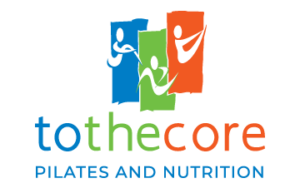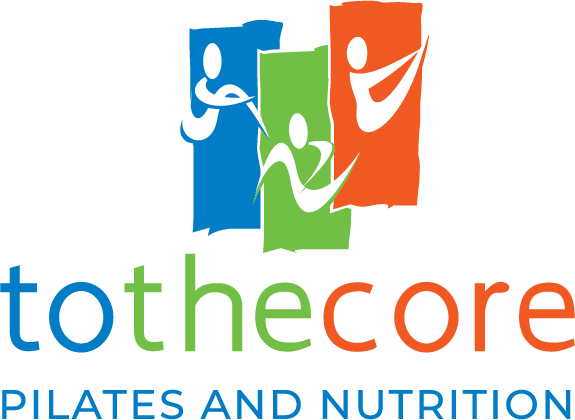When we’re exercising and eating well, there’s a lot of talk about calories.
But all calories are not created equal.
And simply counting calories isn’t the best way to managing your food choices. But understanding macronutrients – such as protein, carbs and fat – will help you make smarter choices for you in the food you prepare, buy and consume.
Here’s the breakdown. A single gram of protein has 4 calories. It’s the same for carbohydrates. Each fat gram contains 9 calories.
Calories still matter. We lose weight when we use more than we consume, of course; that’s just basic math. But by tracking our macros, we open up a world of flexibility in how we approach our nutrition journey.
Let’s say you decide you need 2,000 calories a day to reach your goal. If you eat 150 grams of protein, that adds up to 600 calories. That leaves 1,400 calories for carbs and fat. Do the math to figure out how many calories and grams of each you need each day to hit your mark.
Now, by understanding macros, you can customize your eating plan to fit your lifestyle and preferences. So, depending on your food intolerences or allergies, tracking macros empowers you to create a plan that feels just right for you.
Say you’re preparing a 3.5-ounce piece of chicken breast. It has 165 calories, including 31g of protein and 3.6g of fat (and 0 carbohydrates). So, most of the calories come from protein, and a fifth come from fat.
But macros are super-helpful in meal planning and tracking what you eat. The information is on all nutrition labels. And, if you’re eating something that isn’t labeled, this basic data is available through a quick internet search for anything you’re likely to eat.
Embrace the power of understanding those macros and watch how it transforms your approach to eating.
Side note: Depending where you are in your nutrition journey, counting macros can be an advanced nutrition tool. If you are still trying to find time to meal prep, get enough sleep, decrease your stress and fit in regular movement then counting macros is not yet for you. Just like Pilates there are foundations to nutrition. Master the basics and then move on to the harder skills.



